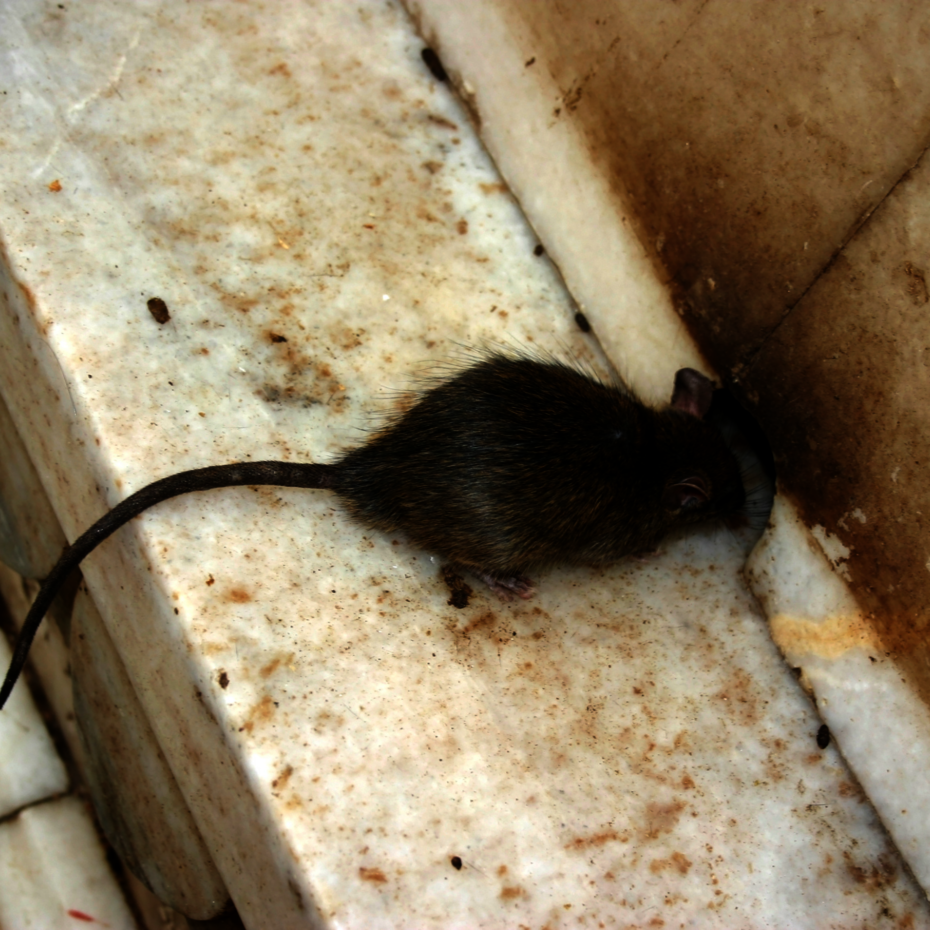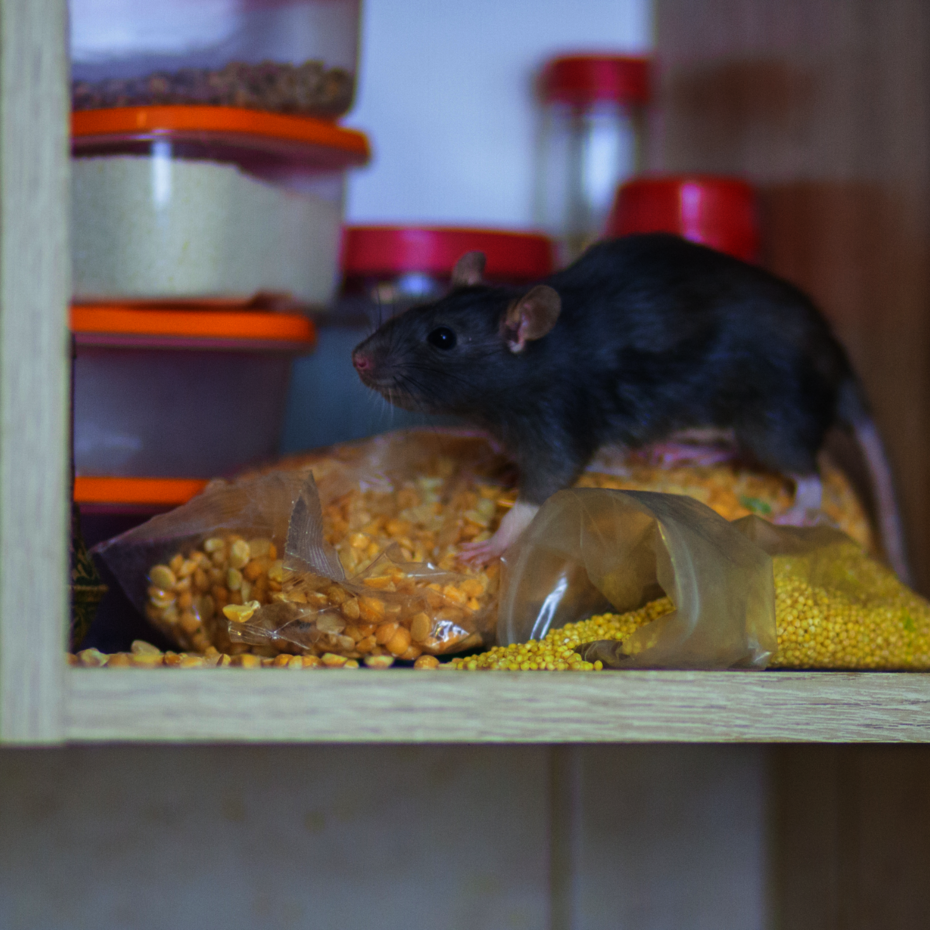Here are some interesting facts that are not commonly known.
Did You Know?
There are three different species of rodents in Australia, all of whom were introduced. The Norway Rat, Roof/Black Rat, and House/Field Mouse call Australia home. Rats boast a sense of smell nearly 4000 times as sensitive as a dog's, excellent climbing skills, and quick learning abilities.
Rodents are notorious for contaminating food, spreading disease, and reproducing at an alarming rate. Female rodents can reach sexual maturity at approximately 6 weeks and can produce up to 10 litters a year.
Despite their adaptability, rodents are territorial creatures and won't venture far from their home base. If you hear rodents, it's usually dominant males asserting their territory over younger males.
In a rather unpleasant revelation, rodents are incontinent, leaving urine wherever they go. Additionally, their teeth continually grow, necessitating constant chewing. Unfortunately, this behavior often leads to damage to electrical wiring, posing a fire hazard.
Traps may catch young rodents, but older and wiser ones tend to avoid them, making them less effective in controlling infestations.
Tips for Protecting Your Home
Just like you and I, rodents want a nice warm place to sleep at night, and your home or shed looks wonderfully inviting! So, what can you do to protect your home from rodents as your new housemate?
Clearance around Buildings: Trim back trees and shrubs that touch your building, as they serve as bridges for rodents. Removing vegetation from buildings and gutters not only saves your gutters but also eliminates a fast-track and commonly used highway for rodents.
Seal It Up: Rodents will enter using any means possible, so block up gaps and holes. Inspect your property for openings approximately the size of your pinky for a mouse and around the size of your thumb for a rat. Use durable materials like steel wool packed tightly to seal gaps, as expandable foam is not durable enough. Check all door and window seals, especially garage roller doors, which are generally not rodent-proof.
Completely Remove Food: If food is available, rodents will come. Store pet food in heavy-duty containers indoors, as rats have been known to chew through thick plastic to access it. Avoid leaving uneaten pet food outside overnight.
DIY Rodent Control
Baiting is a common DIY rodent control method, but prevention is better than a cure. If you're already seeing or hearing rodents, baiting may be too late. If you can stay ahead of the problem, continue baiting every 3-6 months. However, be cautious about DIY dangers, such as placing baits where non-targets like children and pets can access them.
Professional Control
Remember, rats and mice behave differently, so there's no one-size-fits-all solution. Professional pest managers will use different rodent control methods depending on the pest, making it essential to seek professional help for effective results.
If you're facing a rodent problem, don't hesitate to call CDI Pest Management for expert assistance. Prevention is key, and it's always best to tackle rodent issues promptly and effectively.






